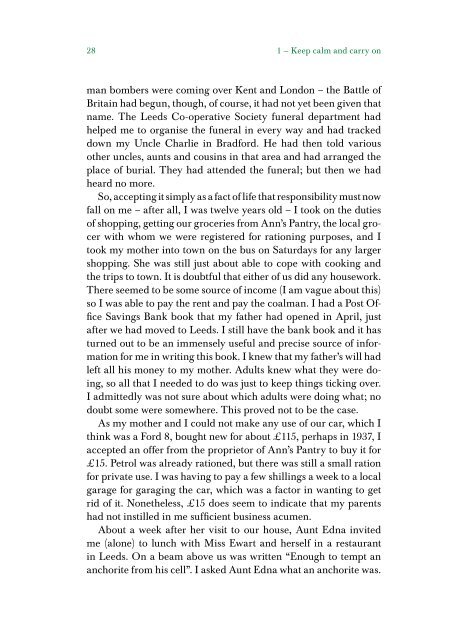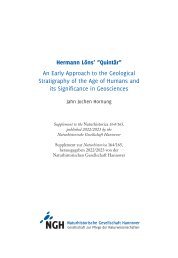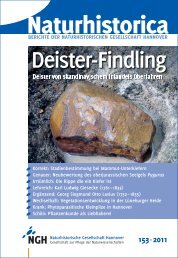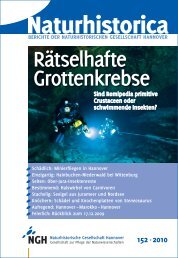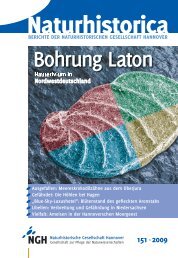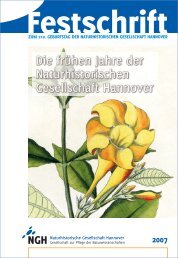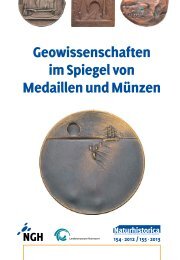Roger Atkinson - Blackout, Austerity and Pride
Blackout, Austerity and Pride – Life in the 1940s is a book written primarily from actual experience. It tells how an alert and intelligent boy, effectively orphaned at the age of 13, sets out to gain a foothold in life. Aided by some resourceful women, he unites a thirst for knowledge with a growing passion for places and buses and a strong sense of duty. http://www.memoir1940s.org.uk/
Blackout, Austerity and Pride – Life in the 1940s is a book written primarily from actual experience. It tells how an alert and intelligent boy, effectively orphaned at the age of 13, sets out to gain a foothold in life. Aided by some resourceful women, he unites a thirst for knowledge with a growing passion for places and buses and a strong sense of duty.
http://www.memoir1940s.org.uk/
Create successful ePaper yourself
Turn your PDF publications into a flip-book with our unique Google optimized e-Paper software.
28 1 — Keep calm <strong>and</strong> carry on<br />
man bombers were coming over Kent <strong>and</strong> London – the Battle of<br />
Britain had begun, though, of course, it had not yet been given that<br />
name. The Leeds Co-operative Society funeral department had<br />
helped me to organise the funeral in every way <strong>and</strong> had tracked<br />
down my Uncle Charlie in Bradford. He had then told various<br />
other uncles, aunts <strong>and</strong> cousins in that area <strong>and</strong> had arranged the<br />
place of burial. They had attended the funeral; but then we had<br />
heard no more.<br />
So, accepting it simply as a fact of life that responsibility must now<br />
fall on me – after all, I was twelve years old – I took on the duties<br />
of shopping, getting our groceries from Ann’s Pantry, the local grocer<br />
with whom we were registered for rationing purposes, <strong>and</strong> I<br />
took my mother into town on the bus on Saturdays for any larger<br />
shopping. She was still just about able to cope with cooking <strong>and</strong><br />
the trips to town. It is doubtful that either of us did any housework.<br />
There seemed to be some source of income (I am vague about this)<br />
so I was able to pay the rent <strong>and</strong> pay the coalman. I had a Post Office<br />
Savings Bank book that my father had opened in April, just<br />
after we had moved to Leeds. I still have the bank book <strong>and</strong> it has<br />
turned out to be an immensely useful <strong>and</strong> precise source of information<br />
for me in writing this book. I knew that my father’s will had<br />
left all his money to my mother. Adults knew what they were doing,<br />
so all that I needed to do was just to keep things ticking over.<br />
I admittedly was not sure about which adults were doing what; no<br />
doubt some were somewhere. This proved not to be the case.<br />
As my mother <strong>and</strong> I could not make any use of our car, which I<br />
think was a Ford 8, bought new for about £115, perhaps in 1937, I<br />
accepted an offer from the proprietor of Ann’s Pantry to buy it for<br />
£15. Petrol was already rationed, but there was still a small ration<br />
for private use. I was having to pay a few shillings a week to a local<br />
garage for garaging the car, which was a factor in wanting to get<br />
rid of it. Nonetheless, £15 does seem to indicate that my parents<br />
had not instilled in me sufficient business acumen.<br />
About a week after her visit to our house, Aunt Edna invited<br />
me (alone) to lunch with Miss Ewart <strong>and</strong> herself in a restaurant<br />
in Leeds. On a beam above us was written “Enough to tempt an<br />
anchorite from his cell”. I asked Aunt Edna what an anchorite was.


